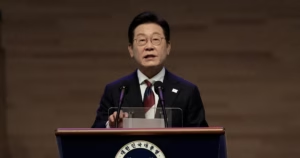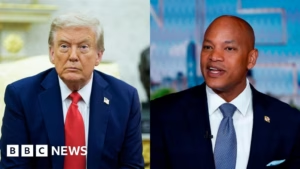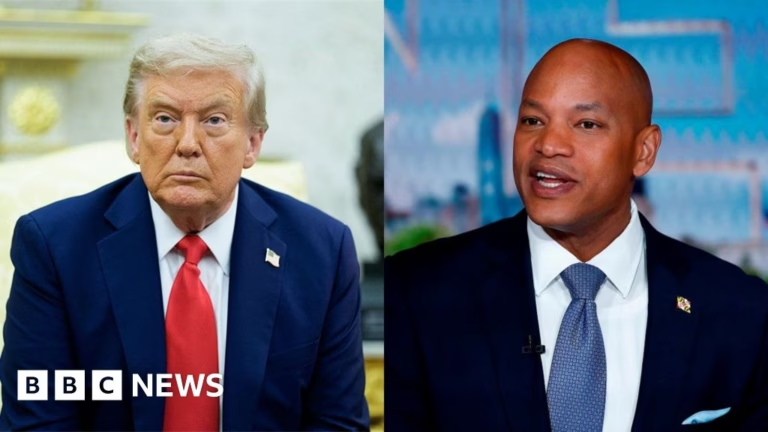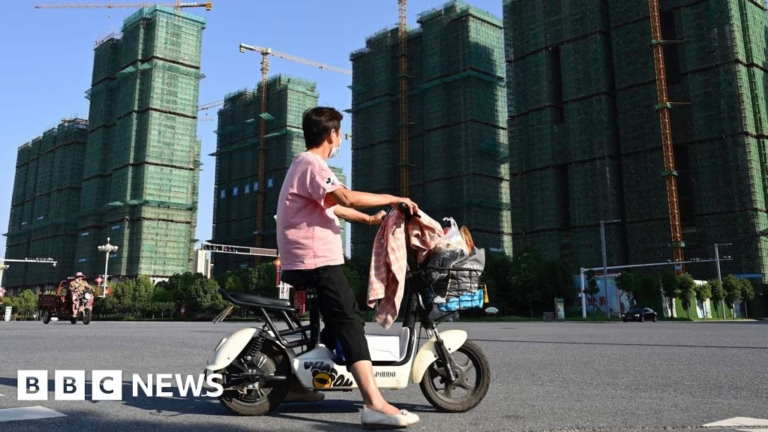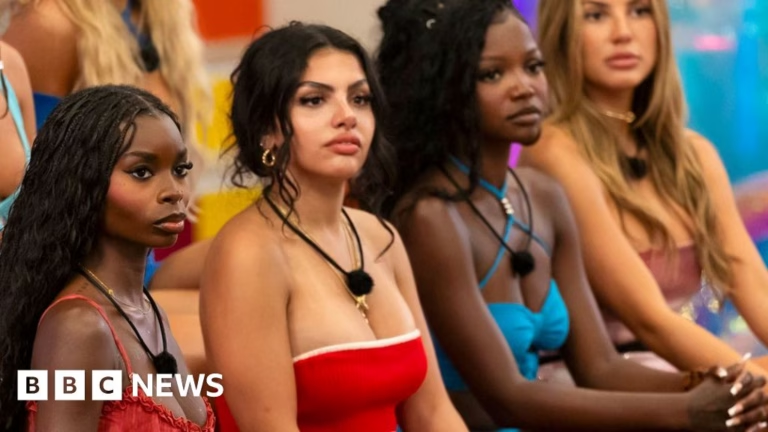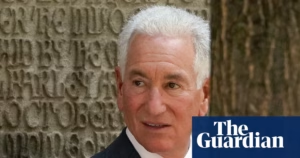<
div id=””>
BBC News in Ecuador
 Submitted Photo
Submitted PhotoShe had promised her daughter a trip to Disney World in Florida – but what had originally been planned as a holiday became an escape route from ‘terror’.
Gabriela, not her real name, is from Guayaquil, Ecuador, where she led what she calls a “normal middle-class life”: she worked at a television channel for 15 years, she had a mortgage and her daughter attended private school.
When she read headlines about violence rising in Ecuador – gangs battling over cocaine trafficking routes, homicides soaring, and extortions spreading – she assumed the extortions were aimed at “millionaires”.
Then came the first threat: a phone call warning her to pay a gang or be shot. The caller knew her workplace and her license plate.
Around the time of their planned Disney World holiday, her daughter’s grandfather was kidnapped.
Her family was asked to pay tens of thousands of dollars and received videos showing his fingers being cut off. He was eventually murdered, his finger left in a bottle as a taunt – a case reported by the BBC.
Fearing that Gabriela would not be safe in Ecuador, her partner told her to take their daughter on the trip and not come back.
Now, Gabriela is one of millions in the US with pending asylum claims. While exact figures are not available, many applicants from Latin America say they have been driven out by cartel violence, which has soared in several countries, including Ecuador.
But immigration law experts say it is getting harder for them to plead their case in the US.
US asylum law recognises five grounds for asylum protection, based on the Refugee Convention drafted after World War Two. They are persecution based on: race, religion, nationality, political opinion, or membership of a particular social group.
The current US Citizen and Immigration Service says asylum may “only” be granted to those fleeing persecution based on one of those five groups, but cartel violence does not fit neatly into any of these categories.
<
div data-component=”text-block” class=”sc-3b6b161a-0 dEGcKf”>
This law is the subject of “much, much interpretation”, according to Kathleen Bush-Joseph of the Migration Policy Institute.
During US President Donald Trump’s first term in office, his administration made it harder for people to seek asylum from gang violence or domestic violence – two categories that at face value appear to be about crimes between individuals, but in many countries, are connected to systemic issues of justice and corruption.
Trump’s attorney general raised the bar on those claims, issuing a directive that “the applicant must show that the government condoned the private actions or demonstrated an inability to protect the victims”.
That can be difficult. Gabriela says that reporting threats in a country like Ecuador, can be risky. “If you’re lucky enough and they catch the criminal, it’s likely he’ll get out the next day and try to kill you in revenge.”
While the Biden administration repealed this legal interpretation, the law remains unchanged and those fleeing the cartels feel in limbo.
Donald Trump has also made criminal cartels a target of his immigration policies – designating some as terrorist organisations and deporting those he claims are affiliated to them, in some cases without providing evidence.
Ms Bush-Joseph says it is too early to tell how this will play out in the courts but it could go “both ways” for those fleeing cartel violence.
It could categorise some of them as victims of “terrorists”. But there are concerns that those who have been forced to pay extortions could also be accused of having provided “material support” to these groups – even if it was coerced.
Gabriela agrees with Trump that cartel members are “terrorists” and thinks that therefore his government should recognise her and others as victims: “I would like the president to grant asylum to those fleeing violence from these terrorists.”
<
p class=”sc-9a00e533-0 hxuGS”>Mario Russell, the
Source: https://www.bbc.com/news/articles/cvg4kd385e4o?at_medium=RSS&at_campaign=rss

